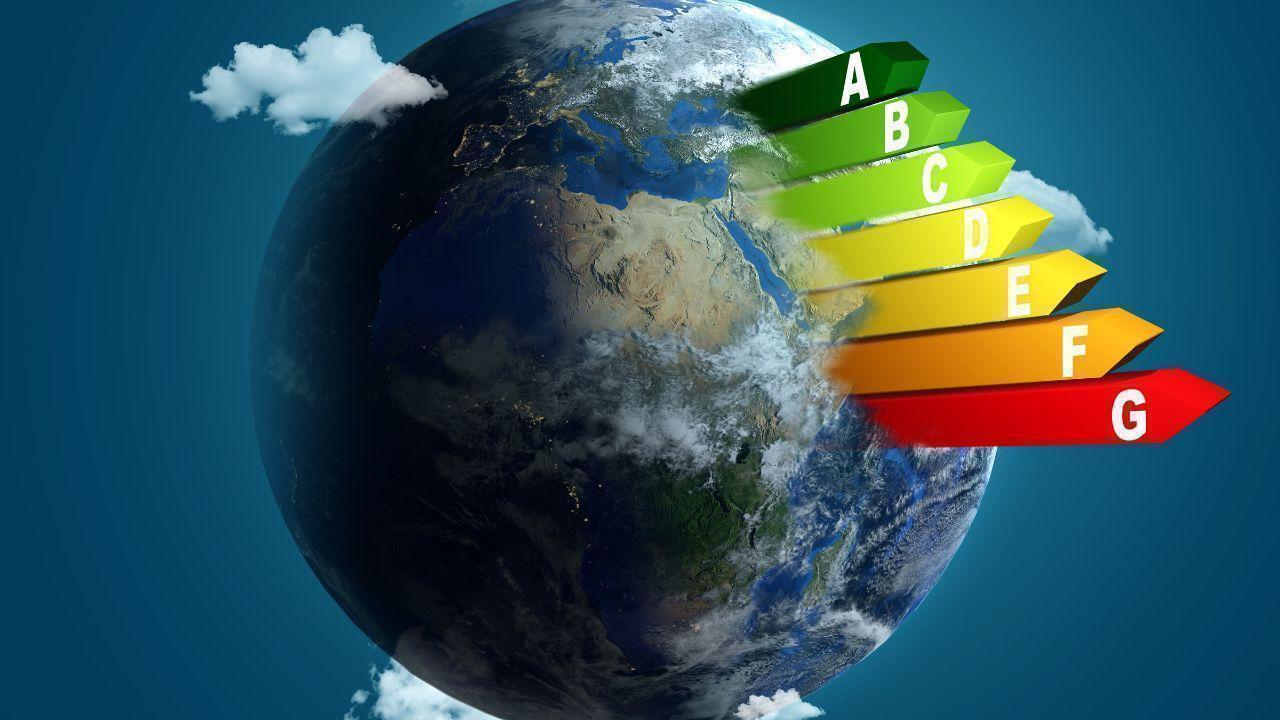
Post by : Vansh
The Earth is more vulnerable than ever. The escalating signs of climate change—rising temperatures, extreme weather events, and melting ice caps—serve as a stark reminder that the planet’s delicate balance is under threat. While the term “climate change” often evokes images of distant glaciers or future crises, its impacts are visible today, affecting ecosystems, economies, and human lives worldwide. Understanding these impacts is essential for building a resilient and sustainable future.
One of the most noticeable effects of climate change is the rise in global temperatures. Heatwaves are becoming more frequent and intense, affecting human health, agriculture, and energy consumption. In some regions, prolonged droughts threaten water supplies, while in others, extreme rainfall causes devastating floods. Glaciers and polar ice caps are retreating at alarming rates, contributing to rising sea levels that endanger coastal communities. These changes highlight the urgent need for mitigation and adaptation strategies that protect both people and ecosystems.
Climate change has profound effects on ecosystems and biodiversity. Altered temperatures, shifting rainfall patterns, and habitat loss force species to migrate, adapt, or face extinction. Coral reefs, which support marine biodiversity and provide livelihoods for millions, are particularly vulnerable to ocean warming and acidification. Forests, wetlands, and grasslands are also affected, with species struggling to survive in changing conditions. The loss of biodiversity diminishes ecosystem resilience, making it harder for nature to recover from environmental shocks and reducing the services that humans rely upon, such as clean air, water, and fertile soil.
The impacts of climate change on human health are increasingly evident. Rising temperatures and heatwaves contribute to heatstroke and cardiovascular stress. Extreme weather events, such as hurricanes, floods, and wildfires, cause injuries, displacement, and mental health challenges. Additionally, changes in climate patterns affect the spread of infectious diseases, including malaria and dengue, by altering the habitats of vectors like mosquitoes. Vulnerable populations, including the elderly, children, and low-income communities, bear the brunt of these health risks. Public health systems must adapt to manage both immediate and long-term consequences.
Agriculture is particularly sensitive to the impacts of climate change. Erratic rainfall, prolonged droughts, and heat stress reduce crop yields and affect livestock productivity. Food insecurity becomes a pressing issue, especially in regions heavily dependent on rain-fed agriculture. Rising temperatures also affect the nutritional quality of staple crops, creating challenges for global food systems. Sustainable farming practices, such as precision agriculture, water-efficient irrigation, and crop diversification, are critical to building resilience in food production and ensuring that communities can thrive despite changing climatic conditions.
The economic costs of climate change are staggering. Natural disasters destroy infrastructure, homes, and businesses, while disruptions to agriculture, fisheries, and tourism reduce income and employment opportunities. Insurance costs rise as the frequency and severity of disasters increase. Developing nations often face the greatest challenges, as they have fewer resources to adapt. Investing in climate-resilient infrastructure, renewable energy, and sustainable practices can mitigate economic losses while fostering innovation and green growth. Economies that ignore the risks of climate change risk long-term instability and increased inequality.
Beyond environmental and economic effects, climate change reshapes societies and cultures. Communities are forced to migrate due to rising sea levels, desertification, or extreme weather events. Traditional ways of life, particularly in indigenous and rural communities, are disrupted. Loss of land, resources, and cultural heritage creates social tensions and challenges identity preservation. Building climate resilience requires integrating social justice and equity into adaptation strategies, ensuring that vulnerable populations are supported and empowered to face the changing environment.
The content of this article is intended for informational and educational purposes only. Readers are encouraged to consult experts or relevant authorities for guidance on climate-related decisions. Published by MiddleEastBulletin news network.










Curry Powers Warriors to Nail-Biting 109-108 Victory Against Spurs
Stephen Curry's 49 points propel the Warriors to a dramatic 109-108 NBA Cup triumph over the Spurs,

India Advances to Semi-Finals After Thrashing USA in Women’s Blind T20 World Cup
India secured a dominant ten-wicket victory over the USA, advancing to the semi-finals in the Women’

South Africa's Early Advantage as India Struggles on Day Two
On Day Two, India reached 138-4 as South Africa took three early wickets, complicating matters with

Kenta Nishimoto Defeats Lakshya Sen in Japan Masters Semifinal
Lakshya Sen's journey in the Japan Masters ends after losing to Kenta Nishimoto 19-21, 21-14, 12-21

Kenta Nishimoto Defeats Lakshya Sen in Japan Masters Semifinals
Lakshya Sen's run at the Japan Masters concludes with a loss to Kenta Nishimoto in the semifinals, 1

Major IPL Trade: Jadeja Joins Royals as CSK Signs Samson
In a significant IPL trade, CSK has acquired Sanju Samson from Rajasthan Royals in exchange for Ravi